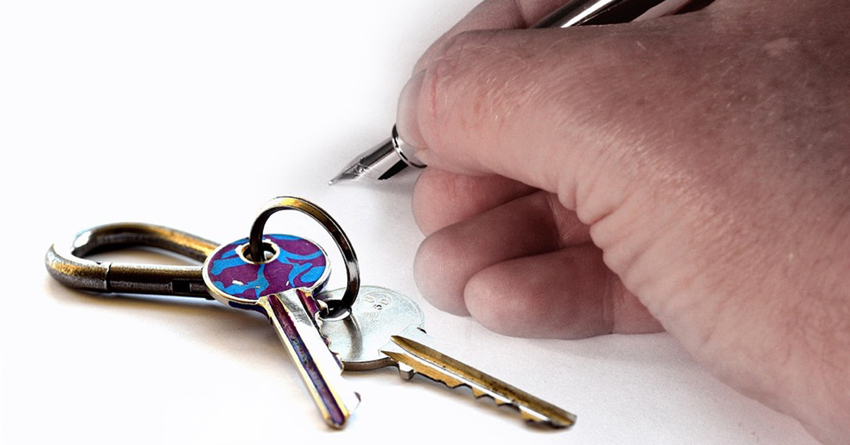
So you’ve done your homework and found the right location for your business. Before you sign that thick and intimidating lease, printed in font size 9 – “caveat subscriptor” or let the signer beware! It is essential that you read and understand the terms, which generally favour the landlord. The courts will enforce what is written and not what you thought was the agreement.
Answering these nine questions will assist you in negotiating the best terms you can in order to protect your business and yourself.
1. Does the lease suit your business?
Are the rules concerning usage, noise, access for suppliers & customers, signage, parking, opening times, security etc. acceptable to you? Consider too, the physical space, is it sufficient to operate efficiently (e.g. storage and work space) and is there potential to expand the square meterage as the business grows? Are you protected from unwanted competition in the lease agreement, e.g. a guarantee of only one deli or bookshop or car repair business on the premises?
2. Is the rent affordable in terms of your business plan?
Be careful to check exactly what is included or excluded in the rent. Hidden costs and uncapped annual increases can severely affect your cash flow. Telephony and data is essential to most businesses – what is the access, coverage and who pays for it? Is the network in place? Are operating costs and utilities included; if not, are they specified and itemised and can you insist on proof of use? Is the deposit affordable according to your business plan and does the landlord guarantee that it will be held in an interest bearing account?
3. Is the length of the lease negotiable?
Whether or not the business is still trading, or running at a loss, the rent will still be payable. The business owner is usually personally liable for payment because most landlords insist on sureties. A short-term lease with a renewable option is safer but it may mean that you have to pay a higher rent. On the other hand, assuming your business is profitable and growing, you do not want to be forced to seek new premises after a year, because the landlord has found a new tenant. Can you include a “right of first refusal” clause for the lease renewal? A carefully compiled business plan with realistic figures will assist you in weighing your risks.
4. Does the lease state exactly what you agreed on?
Carefully check all the terms and pay attention to the details, such as, start and end dates, rent escalation, no competition clauses, penalties and cancellation notice periods. What are your remedies if the landlord fails to deliver? When reading through the lease, do not be afraid to take issue with clauses and ask for clarification or a better deal for you. Do not sign if there are any terms that you do not understand – rather seek legal help.
5. Who is responsible for what?
Who should arrange and pay for maintenance, air-conditioning, insurance, security, cleaning, beautification etc.? What is the provision for building improvements and possible inconvenience / loss of custom to your business? Do fixtures and fittings belong to the landlord or the tenant? What are your obligations upon termination of the lease – to return the premises to the original state or to leave behind all fixtures & fittings?
6. Have you spoken to other tenants about the pros and cons of the premises and the landlord’s attitude?
A flexible and co-operative landlord who will work with you versus a large property business which is frankly uninterested in anything other than their own profit margin. Forewarned is forearmed, especially when you are still negotiating the lease.
7. Do you have the right to sub-lease and assign?
While your business is still growing or if you are experiencing a lean period, being able to share costs with another business, may be a lifeline. It can also lead to positive synergies e.g. a natural health business sharing space in a green grocers… If you sell the business, a Right of Assignment clause allows you to transfer the lease to a new tenant.
8. What happens if the premises are badly damaged or destroyed?
Should a natural disaster strike, or severe damage occur at the hand of third parties so that it is largely or wholly impossible to operate; you may wish to insist that you have the right to cancel the lease and walk away without penalties. Alternatively, if the landlord is to repair or rebuild, the landlord should be held to a timeframe within which the repairs must be complete and a “rent holiday” agreed.
9. What are the dispute mechanisms in place?
Can you negotiate for commercial mediation which is much cheaper and quicker than arbitration or the courts?

0 comments